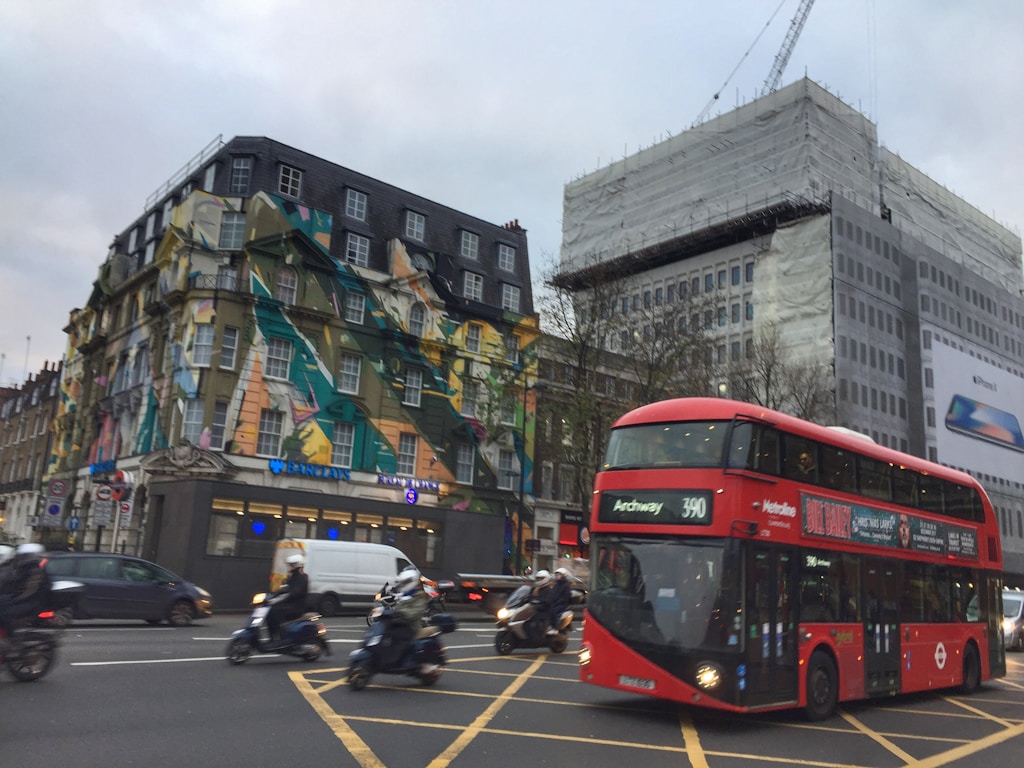As cities across the UK evolve into smarter, more connected ecosystems, the physical environment must keep pace with digital innovation. From disused retail units being transformed into co-working spaces, to outdated council buildings repurposed for tech hubs or community projects—urban renewal isn’t just a vision, it’s happening now. And at the heart of these changes lies a task often overlooked: professional clearance.
Urban Revitalisation Requires a Clean Slate
City infrastructure is under pressure. With limited space and rising demand for flexible buildings, local councils and developers are repurposing old structures rather than building new ones. But before smart lighting or high-speed fibre can be installed, these spaces must be emptied of decades’ worth of debris, furniture, and forgotten equipment.
That’s where clearance professionals make the first impact. They handle the essential groundwork—removing obstacles, clearing out storage rooms, and dismantling bulky fittings—to enable modern urban planning to begin. Whether it’s a council office, a derelict shopfront or an unused industrial space, clearance is the gateway to transformation.
In busy city districts, this often means navigating strict traffic zones, parking regulations and building access issues. Efficient solutions like London rubbish removal ensure that waste is taken away safely, swiftly and in full compliance with local requirements—making clearance both practical and sustainable in dense urban centres.
Clearance and Responsible Disposal in the Tech Age
Technology isn’t just changing how we live—it’s changing how we dispose of what we no longer need. Cities today produce large volumes of electronic waste: broken monitors, obsolete TVs, outdated servers and routers. These items can’t just be thrown away—they need to be recycled, stripped down or disposed of through legal, environmentally safe methods.
Knowing how to dispose TV in the UK isn’t just helpful—it’s essential for anyone involved in tech renovations, smart home upgrades or urban office transformations. Professional clearance services now incorporate detailed knowledge of recycling regulations, ensuring that these devices are handled responsibly and do not end up in landfill sites, which supports both environmental goals and compliance with national waste legislation.
Smart Cities Begin with Clear, Adaptable Space
Urban transformation relies on flexibility, and flexible spaces begin with clarity—both visual and operational. Clearance creates the necessary foundation for architecture, interior design and infrastructure upgrades to thrive. Whether it’s making room for solar tech installations, public-use innovation hubs or adaptive reuse of industrial sites, one thing is certain: nothing smart is built on top of clutter.
By choosing services that integrate clearance, compliance and sustainability, cities position themselves as truly forward-thinking—not only in technology, but in how they manage the very spaces that support innovation.


